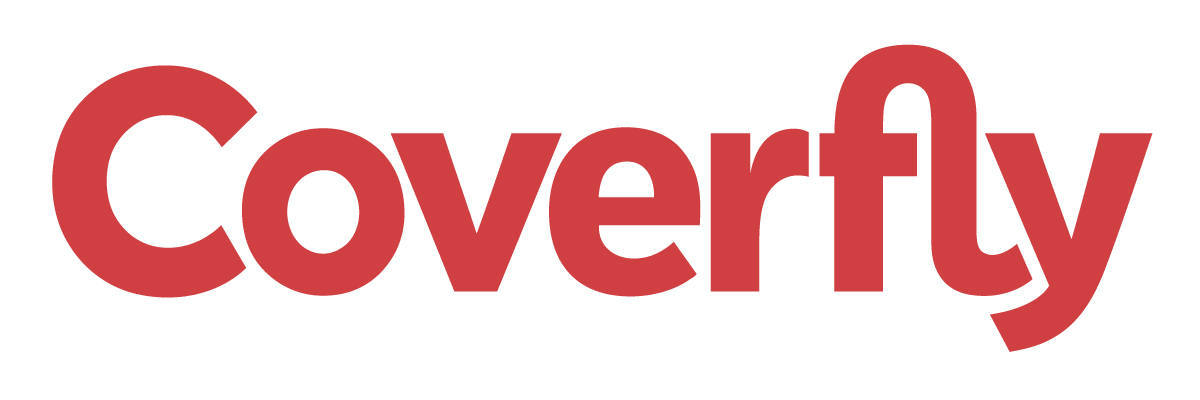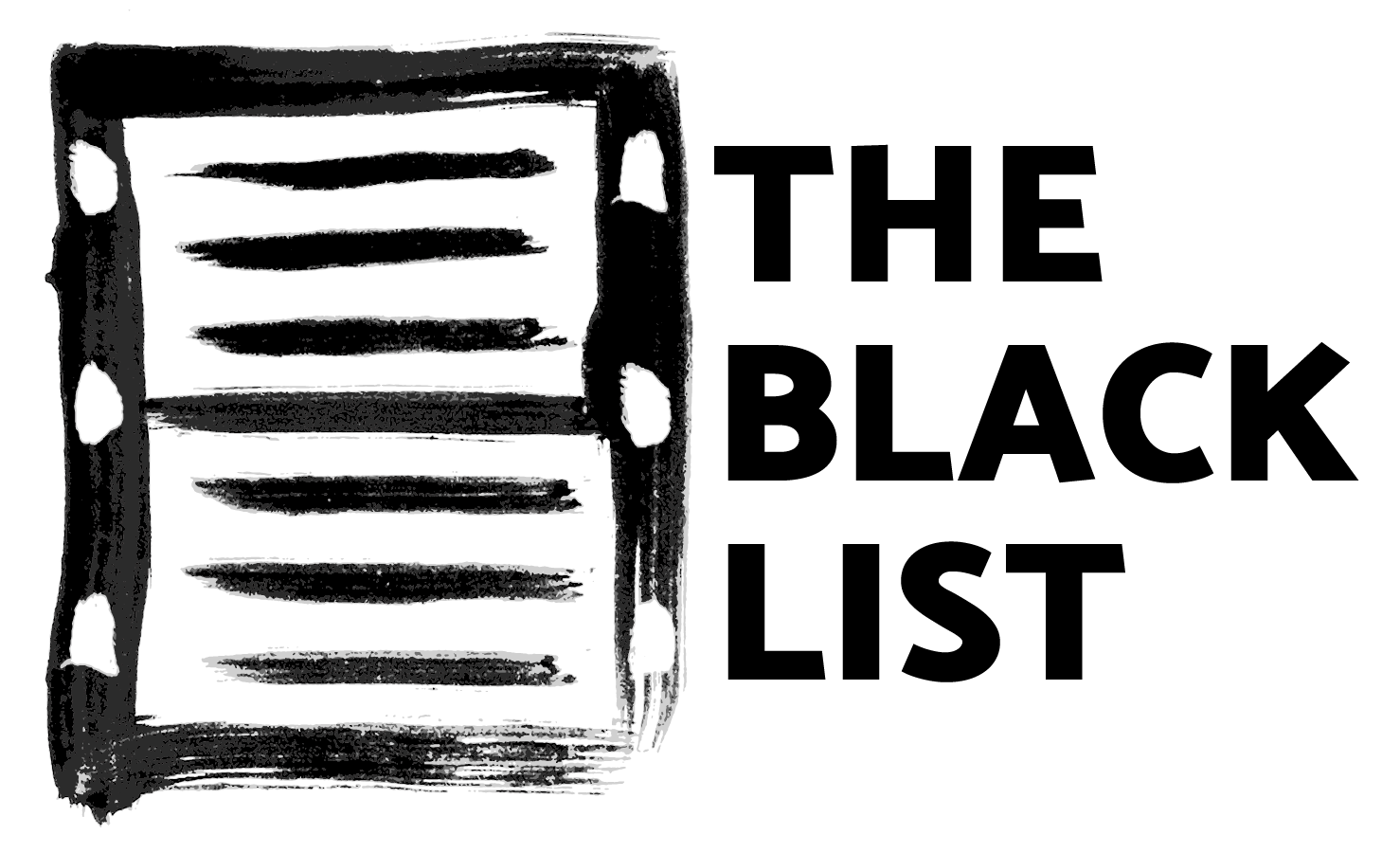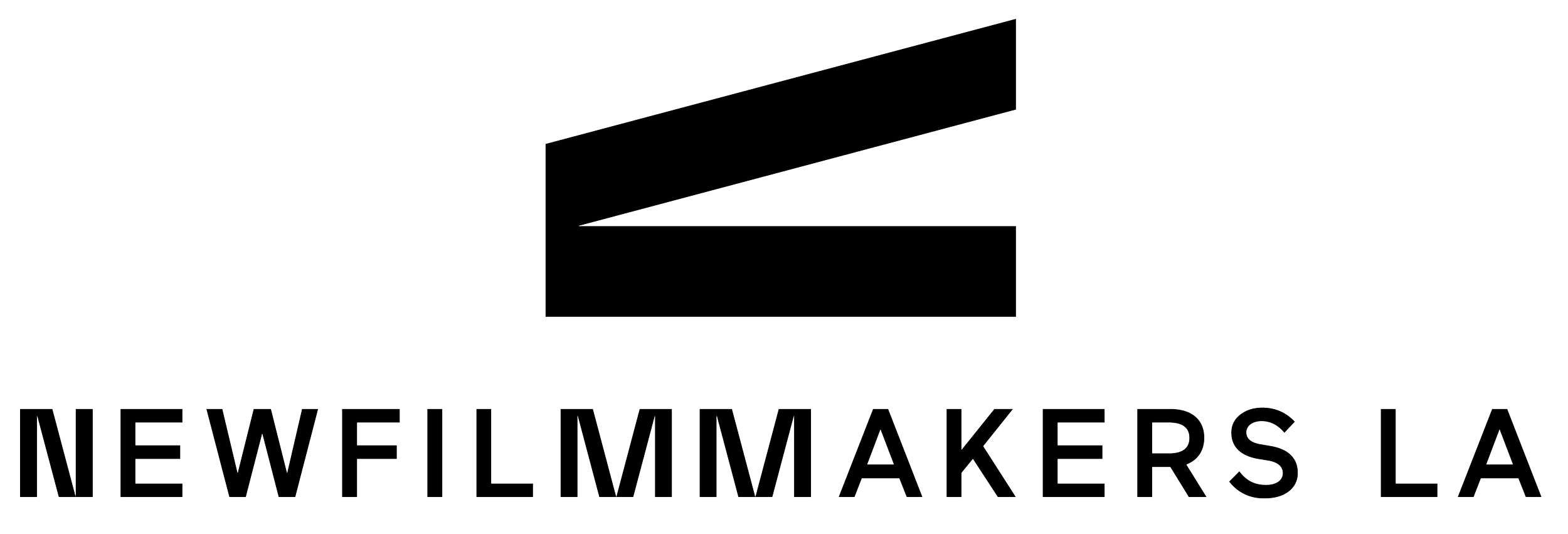COLLEGE SCREENWRITING AWARDS
The Humanitas College Screenwriting Awards recognize writers whose work explores the human condition in a nuanced and meaningful way and are currently enrolled in a college or university program.
Humanitas awards two prizes annually which recognize screenwriting by students: The David and Lynn Angell College Comedy Award and The Carol Mendelsohn College Drama Award.
The two writers receive a $20,000 cash prize, additional benefits, and a trophy at the annual Humanitas Prizes event. 20 semifinalists, four finalists, and one awardee are named for each award.
Humanitas recognizes that students are often in a precarious position as they transition into the labor market, and a cash prize of this magnitude grants students flexibility post-graduation by mitigating moving expenses, defraying the cost of tuition, or funding creative projects that would otherwise not be financially feasible.
SUBMISSIONS & DEADLINES
The application period for the College Screenwriting Awards opens on February 18, 2025.
All submissions must be made via the Coverfly pages linked below.
All submissions are final.
Please carefully read our guidelines, rules, and FAQs before applying!
Early Deadline: Monday, March 3, 2025 (Submission Fee: $30.00)
Regular Deadline: Monday, March 31, 2025 (Submission Fee: $32.50)
Final Deadline: Tuesday, April 15, 2025 (Submission Fee: $35.00)
As an activity funded in part by the California Arts Council, students at colleges and universities based in California can have their entry fee discounted to $30 by using the code "CALIFORNIA30".
Misuse of this code will result in removal from competition.
PROGRAM COMPONENTS & BENEFITS
Cash Prize: Each awardee receives a $20,000 cash prize.
Professional Notes Session: Each awardee will receive feedback on the winning script from a writer in the Humanitas community. Previous writers have included Alena Smith, Kira Snyder, Sheridan Watson, and Chrysanthy Balis.
NFMLA: College Screenwriting Awards recipients will be awarded one year of Student Memberships with NewFilmmakers Los Angeles (NFMLA).
The Black List: The Black List is proud to offer awardees one free month of hosting and two free evaluations of their projects on blcklst.com.
Michael Wiese Productions (MWP): MWP is gifting each 2024 College Screenwriting Award winner a title of their choosing from the MWP catalog. An internationally acclaimed publishing company serving emerging, as well as established, filmmakers, MWP has published over 200 books, over 65 titles have been translated into 25 languages, are used in over 700 film courses, and in the Hollywood studios and by emerging filmmakers. MWP also hosts a series of classes, interviews, and essays on their sister site The Future of Story.
Final Draft: Final Draft will provide to awardees activation codes for Final Draft 13. Final Draft, a Cast & Crew Company, has published Final Draft® software – the number-one selling screenwriting application in the world – for over 30 years. Final Draft is the only screenwriting software that allows writers to fully customize their writing environment, streamlines their process, maximizes productivity, and automatically paginates and formats scripts to industry standards. With Final Draft, writers can focus on what they do best - writing. Used by such industry giants as J.J. Abrams, Bong Joon Ho, Sofia Coppola, Guillermo Del Toro, Issa Rae and Aaron Sorkin, Final Draft software is the professional’s choice and the entertainment industry standard. In addition to its flagship software product, Final Draft offers the annual Big Break® Contest – a screenwriting competition that launches careers, and awards over $80,000 in cash and prizes. Final Draft also offers Final Draft Go for iPhone and iPad, making creativity truly portable. To learn more about Final Draft and its products and services, visit: www.finaldraft.com.
Humanitas Community Events: Awardees will receive invitations to Humanitas community events throughout the year.
Humanitas is grateful to the companies and organizations who have agreed to partner with us to support emerging writers! Check back for updates as we sometimes add partners throughout the year.
Components and benefits are subject to change. If you’re a company or organization that would like to be considered for program partnership, please email info@humanitasprize.org with “Program Partnership” in the subject line.
COLLEGE SCREENWRITING AWARDS CALENDAR:
February 18, 2025: Submissions Open
March 3, 2025: Early Deadline
March 31, 2025: Regular Deadline
April 15, 2025: Final Deadline
June 9, 2025: Semifinalist Announcement
July 23, 2025: Finalist Announcement
August 11, 2025: College Screenwriting Award Winners Announcement
September 2025: College Screenwriting Award Winners recognized at Humanitas Prizes event
December 2025 - March 2026: Benefits Period
SUBMISSION MATERIALS:
A pilot script (30- or 60-minute pilot) or feature-length screenplay no longer than 120 pages
Logline
Brief synopsis (approximately 250-300 words)
A short artist statement (1 page, double-spaced) that speaks to the applicant's professional aspirations and why they felt compelled to write the submitted project.
IMPORTANT DETAILS:
The name(s) of the applicant(s) should not appear on the submitted script’s title page. At our request, Coverfly will automatically remove your title page for you if you include one when submitting to our programs.
Scripts must be an original work. Adaptations or re-imaginings of true events or fictional stories are acceptable; by submitting you acknowledge you have secured all rights needed to adapt any material.
During the selection process, applicants may be contacted for additional documentation to confirm their student status. Receiving or not receiving a request for this documentation is not indication of the status of your application.
Assessment to determine finalists weighs the quality of the applicant’s script, the script’s relevance to Humanitas mission, and the quality of the applicant’s supplementary materials.
All finalists are interviewed on Zoom. These meetings cover the submitted project, short term practical needs, long term career aspirations, and play an essential role in determining who is selected to receive the annual College Screenwriting Awards.
Should a writing team be selected, cash prizes will be split evenly amongst the writers.
Humanitas has a limited number of submission fee waivers it can offer annually. Please use this form to request a fee waiver if cost presents a barrier to entry.
This year’s fee waiver system for the New Voices Fellowship and College Screenwriting Awards programs is currently funded by a generous donation from the writer and Humanitas Advisory Council member Shane Brennan. His support allows us to cover the administrative and reading costs that come with each submission. We are immensely appreciative of his support of you, of our programs, and the writing community more broadly.
While the Humanitas College Screenwriting Awards accept materials from all writers, writers with diverse backgrounds and social identities historically underrepresented in media are highly encouraged to apply.
ELIGIBILITY DETAILS:
Students must be enrolled in a college or university program located within the United States at the time of their submission. Students enrolled in some non-degree certificate conferring screenwriting programs organized by an accredited college or university (e.g.: UCLA TFT Professional Program) are also eligible. If you have questions about if a particular program is eligible, please contact Humanitas at info@humanitasprize.org.
Both undergraduate and graduate students are eligible for the awards.
While the majority of our submissions come from students studying screenwriting and/or film, students of any discipline or major are welcome to apply.
Current Humanitas staff and interns are not eligible for the College Screenwriting Awards.
OUR PROCESS
The College Screenwriting Awards usually receive around 400 applications collectively representing about 80 colleges across the country. 20 semifinalists, four finalists, and one awardee are named for each award.
The College Screenwriting Awards competitions begin with a two-round reading process powered by Coverfly, during which Coverfly readers consider the submitted scripts at least once. Scripts are anonymized; readers do not know the identity of the writer.
Coverfly curates a group of readers to support the Humanitas New Voices Fellowship and College Screenwriting Awards annually. Coverfly has gathered 85 readers from across the United States. These readers have a diverse set of experiences and backgrounds. 61% do not identify as white, 50% identify as either female or non-binary, 5% are over the age of 50, 19% of readers identify as LGBTQ+, and 2% of readers identify as disabled.
Coverfly readers have or are currently working as development execs, consultants, critics, story editors, authors, and in other positions at companies like Disney, Amazon, Blumhouse, TBS, Warner Bros., FOX, Lionsgate, HBO, Paradigm Talent Agency, Netflix, Magnolia Entertainment, StudioCanal, Paramount, and STARZ, as well as competitions like the Austin Film Festival, Slamdance, The Tracking Board, Screencraft, and Launchpad.
Coverfly compensates readers at an average rate of $19-21/hour based on experience with bonuses available for quality and efficiency.
Following the Coverfly reading process, Humanitas staff reviews the top scoring applicants, their submitted scripts, corresponding Coverfly reader notes, and supplemental materials in order to select semifinalists.
For the semifinal and final rounds, Humanitas staff curates reading committees that oversee the review of semifinalists and finalists to determine the awardees. These committees consist of writers, assistants, and others with industry and/or organization experience. All members of reading committees who are not Humanitas staff are offered an honorarium in recognition of their time and expertise.
Coverfly readers and members of the semifinal and final round reading committees are given an orientation sheet describing Humanitas and its mission, and a scorecard which asks them to evaluate scripts in the following areas: plot, characters, concept, structure, dialogue, originality, writing style, connection to the Humanitas Mission, and an overall impression.
To learn more about what we look for in a script, you may wish to read this article on our website about the art of screenwriting and exploring the human condition.
COLLEGE SCREENWRITING AWARDS PROGRAM PARTNERS
COLLEGE SCREENWRITING AWARDS SUPPORT
The College Screenwriting Awards are supported through various fundraising efforts, including support from Carol Mendelsohn, past support from the Angell Foundation, and proceeds from The Humanitas Prizes event. This activity is funded in part by the California Arts Council, a state agency, and by the Snap Foundation, a 501(c)3 organization. College Screenwriting Awards submission fees are used to cover administrative costs.
QUESTIONS?
Please visit our FAQ or email us at info@humanitasprize.org or by using the contact form below.







